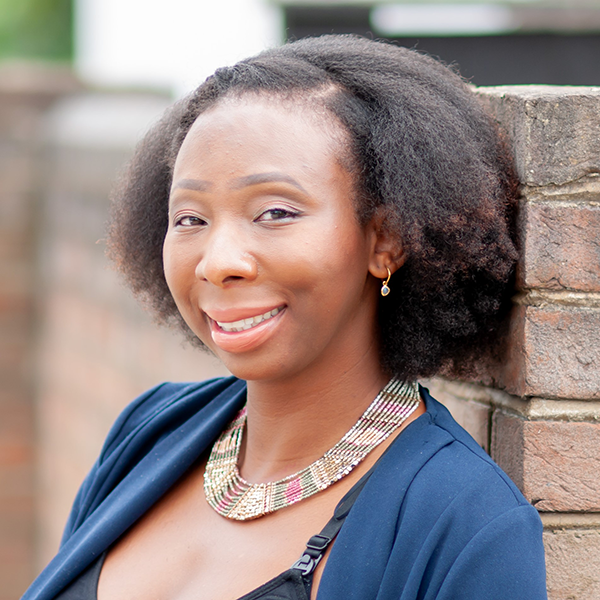The UK’s Worker Protection Act came into force last October; now is the time for all employers to act.
It’s Monday morning and you’re on your way into the office. As you travel up in the lift, you have a quick glance at your emails and see there’s an important issue for a key client that needs to be dealt with urgently. You’re about to go to a meeting so you forward the email to Jane, one of your reports, asking her to deal with it in your absence. Jane is your “go to” person in these kinds of situations – you like her style and you know you can trust her to do a good job. This has been borne out by your experience of her. She’s never let you down.
How much of your conscious brain did you use when deciding to delegate this task to Jane? The answer is, significantly less than you probably think. In fact, neuroscientists have found that less than 1% of our brain’s processing is conscious. This means that the majority of our day to day decision making is automatic and unconscious. Our brains create algorithms and shortcuts, relying on biases, stereotypes, assumptions and “gut feel” to guide us in our daily social interactions. The impact of this, in the example of Jane, is that she has been given this development opportunity and her colleagues have not. You may say, "It’s a one-off, no big deal". But it rarely is just a one-off. Most likely, you will continue to favour Jane, unconsciously, in your day to day social interactions and task allocation. So when the next critical project needs to be allocated, who will you choose to give it to? The person who you trust the most and who has the best experience, of course. But how did they get that experience and earn your trust?
We're going to be discussing this important topic in our upcoming open session on 24 July 2019, where we will explore:
- why the quality of your decision-making is so important and how it impacts on the culture and values that all organisations are striving to embed – for example, respect, inclusion, innovation, trust and accountability.
- the different types of decisions that you make - both ‘level 1’ (day to day, social) and ‘level 2’ (critical and often career enhancing) and how these decisions impact on employee engagement, performance and culture.
- what gets in the way of us being better at this
- guidance to help to overcome these obstacles, so that you can make better decisions
This event is intended for HR professionals, leaders and managers. It will be an informal and discussion based session with plenty of opportunity to connect with the other participants.
Tea, coffee and pastries will be provided.
Spaces for this event are limited so please click here to book your spot - a maximum of two participants per organisation.
Related Articles

The Future World of Work

Mental health in the workplace - what's next?

Butoke


HR Magazine: Nurses face 55% surge in racist abuse over three years
Fudia Smartt comments on how workplaces can better protect and support their people from racism.


Happy hour? A conversation about alcohol and work – culture, risk and belonging
From post-deal drinks to client events and team celebrations, alcohol is woven into workplace culture. Yet when something goes wrong, it’s rarely seen as ‘just a drink’.
With new duties on employers to prevent sexual harassment, and growing attention on workplace risk and inclusion, it’s time to take a more intentional look at how alcohol shapes workplace culture – and the risks it carries.
This short, focused webinar will explore:
• How alcohol contributes to conduct, harassment and reputational risk
• The assumptions we make about what’s normal, social or expected
• How alcohol intersects with inclusion, wellbeing and boundaries
• What to think about when conducting risk assessments and looking at policies
• Practical steps to build positive connection while protecting what matters
Speakers:
Helen Dallimore
Head of Training, Byrne Dean
An experienced facilitator, trainer and former employment lawyer, Helen works with organisations to strengthen leadership capability and embed respectful workplace behaviours. She brings particular expertise in creating inclusive cultures where people feel safe, respected and able to thrive.
Cicilia Wan
Principal Consultant, Byrne Dean
A former employment lawyer and experienced Headof Employee Relations in global financial services, Cicilia has seen first-hand how alcohol canaffect conduct at work. She brings deep expertise in leadership, culture and managing people risk.
Steven McCann
Founder and Director, MCG Consulting
A leading voice in workplace addiction and recovery inclusion, Steven advises organisations on addiction awareness, recovery-informed culture and social mobility. He has spoken at the Bank of England and works regularly with law societies, the Legal Services Board and institutions across law, finance and corporate sectors.


HR Magazine: Half of UK workers faced toxic workplaces
Head of Resolution Zoe Wigan comments on speaking up and creating psychological safety.





